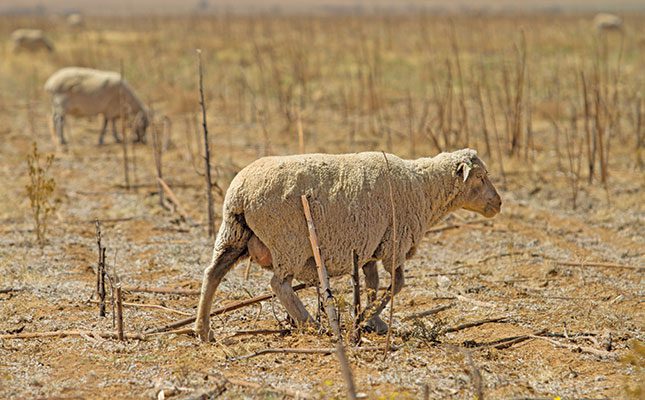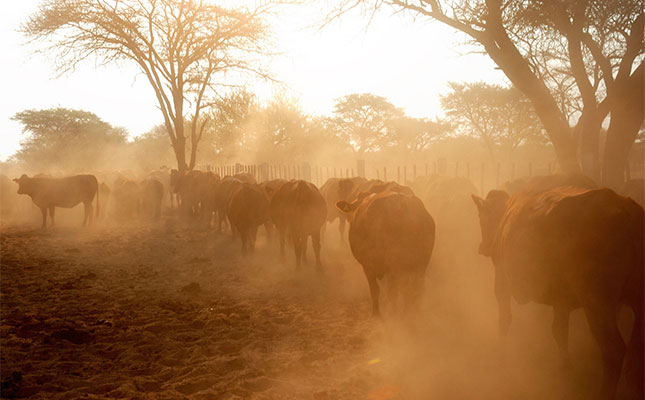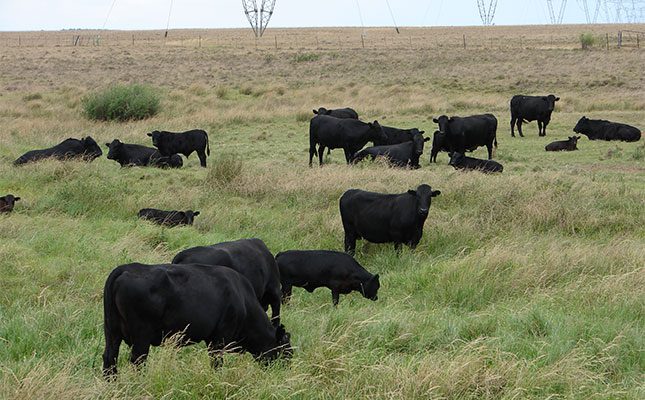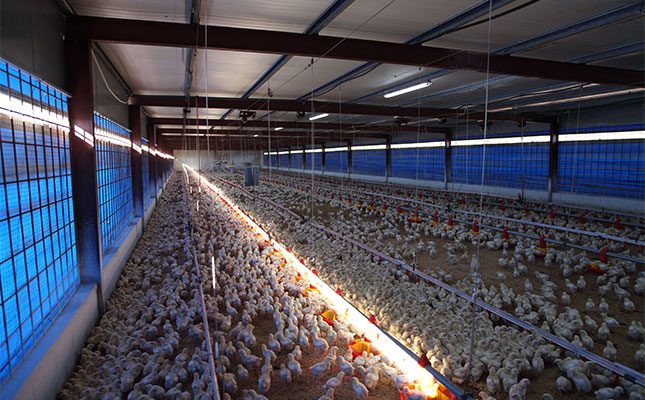
The outbreak of Rift Valley fever (RVF), confirmed by Onderstepoort Veterinary Research Laboratory, is affecting sheep herds in the region and has heightened concern among producers as mosquito activity increases.
RVF is caused by a virus transmitted by mosquitoes. In livestock, symptoms include bloody diarrhoea and bleeding from the nose. Humans can become infected by the virus by handling sick animals or aborted foetuses, or during post-mortem investigations.
Human symptoms include fever, muscle pain, and headaches that often last for up to a week, and infection can also lead to loss of sight about three weeks later.
In an urgent health alert, the Directorate of Veterinary Services in the Northern Cape has urged all farmers to vaccinate all sheep, goats, and cattle against RVF as soon as possible as a preventative measure.
The following safety protocols should also be implemented without delay:
- Wear proper Personal protective equipment when handling sick or dead animals, or any aborted material.
- Dispose of contaminated foetuses and placentas safely, either via deep burial or incineration.
- Reduce mosquito breeding sites by draining standing water and using repellents or other vector-control methods.
Farmers who notice sudden abortions, unexplained deaths, or fever in livestock must report these cases to their local state veterinary office immediately. The department has emphasised that rapid reporting remains one of the most effective containment tools.
RVF is a zoonotic disease, which means it can pass from animals to humans. Although most human cases cause flu-like symptoms, the department has warned that some develop severe, life-threatening complications.
Speaking to Farmer’s Weekly, Yolande Botha, operational officer for the Red Meat Producers’ Organisation (RPO) in the Northern Cape, told Farmer’s Weekly that a private and state veterinarian were called out to draw blood from a sheep population in the Kakamas area, which subsequently tested positive for RVF.
“Upon confirmation of the positive test, we immediately put out an urgent alert to all our groups. What is very important is that the virus is highly contagious and can be transmitted to humans. We urge farmers not to touch any animal if they suspect it has RVF and to rather contact their nearest state veterinarian, who will assist.
“Regarding vaccines, we have made contact with Onderstepoort [Biological Products] to ensure that they will be made available as a matter of urgency,” she said.
Brand du Toit, chairperson of the RPO in the Northern Cape, said the outbreak is concerning but unsurprising.
“Over the past couple of months, [the RPO has] held several meetings with the department across the province, warning farmers about the possibility of such an outbreak, as the virus [thrives in] wet conditions, which are favourable to mosquitoes.
“RVF has major economic consequences. We therefore advise our producers to vaccinate their animals, especially given the high probability of a larger outbreak, with more rain predicted over the province,” he explained.
Important contact information
If any Northern Cape farmer has animal health concerns, they should phone the Upington State Veterinary Office on 087 630 0304, 083 452 9850, or 078 486 9275.
For human health concerns, visit your nearest medical facility.
For more information from the RPO Northern Cape, phone 067 597 1866, or email [email protected].
Get trusted farming news from Farmers Weekly in Google Top Stories.
➕ Add Farmers Weekly to Google ✔ Takes 10 seconds · ✔ Remove anytime






